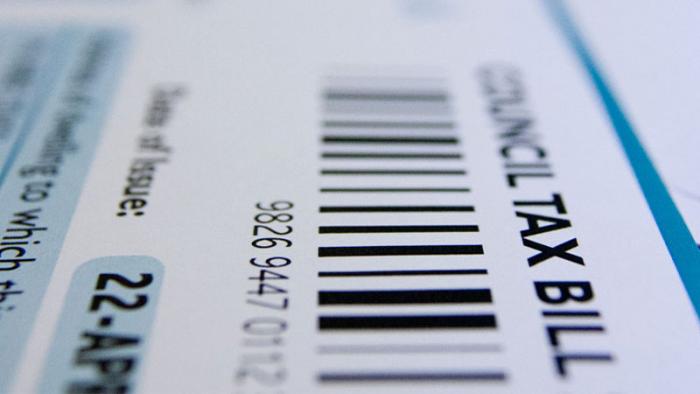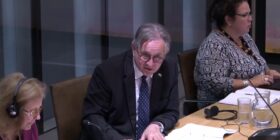Welsh Government consults on fairer tax enforcement

The Welsh Government has launched a 12-week consultation on plans to reform council tax enforcement practices, aiming to provide more support to struggling households and reduce the risk of escalating debt.
Mark Drakeford MS, Cabinet Secretary for Finance and Welsh Language, announced the move on 30 April, highlighting the importance of early intervention and clearer communication between councils and residents who fall behind on payments.
Council tax provides over £2.8 billion in funding for local services across Wales each year, including schools and social care. While more than 96% of council tax is routinely collected, the cost-of-living crisis has seen more households falling into arrears.
In a written statement, Drakeford said:
“Everyone has an obligation to pay council tax as part of civil society, and the stable and efficient system we have means over 96% of council tax is routinely collected. There are significant support schemes, discounts and exemptions available to reduce council tax for those less able to contribute. Our Council Tax Reduction Scheme in particular, is crucial in helping low-income households meet their obligations.”
The consultation includes proposals to give councils more time to work with residents before pursuing enforcement action, particularly in cases where someone misses a single payment. Currently, people can legally become liable for their full annual bill within just seven days of falling behind, a rule the Welsh Government describes as unhelpful and outdated.
Drakeford continued:
“We recognise that when a household misses a council tax instalment, the person can quickly become liable for the full annual bill and face enforcement action in a relatively short timeframe, if they haven’t paid within 7 days. While many local councils don’t follow the short timeframe set out in regulations, the possibility remains unhelpfully on the statute book. It is unlikely that someone struggling financially will be able to pay the annual amount within such a short timeframe, leading to escalating debt and its associated challenges.”
The proposals build on previous reforms, including the ending of imprisonment for non-payment in 2019, automation of council tax reduction claims using Universal Credit data from April 2025, and pilot schemes like the Debt Rescue Scheme in Merthyr Tydfil, Blaenau Gwent and Newport.
Drakeford said the changes were part of a wider commitment to fairer taxation, including a revaluation of homes in 2028 to better reflect current values and reduce disproportionate burdens on low-wealth households.
Flintshire residents, who saw a 9.5% council tax increase this year – the largest in the county’s history – are among those likely to take a keen interest in the consultation. The proposals are also backed by organisations such as Citizens Advice Cymru and the Council Tax Collection Coalition.
Drakeford added:
“Anyone struggling to pay council tax should contact their council and advice services as soon as possible, as this is the best route to preventing spiralling debts.”
Latest News









